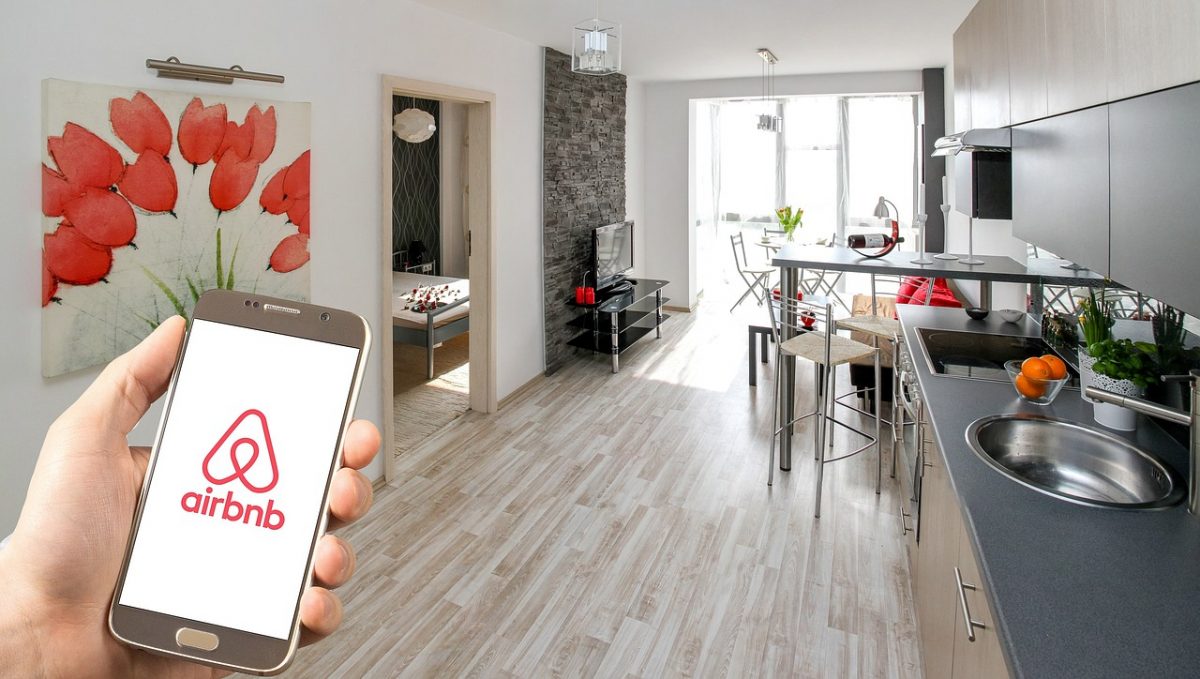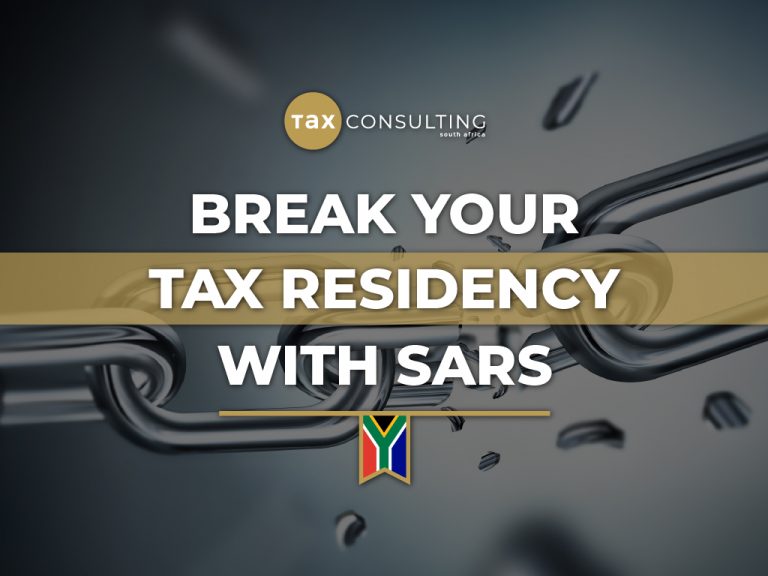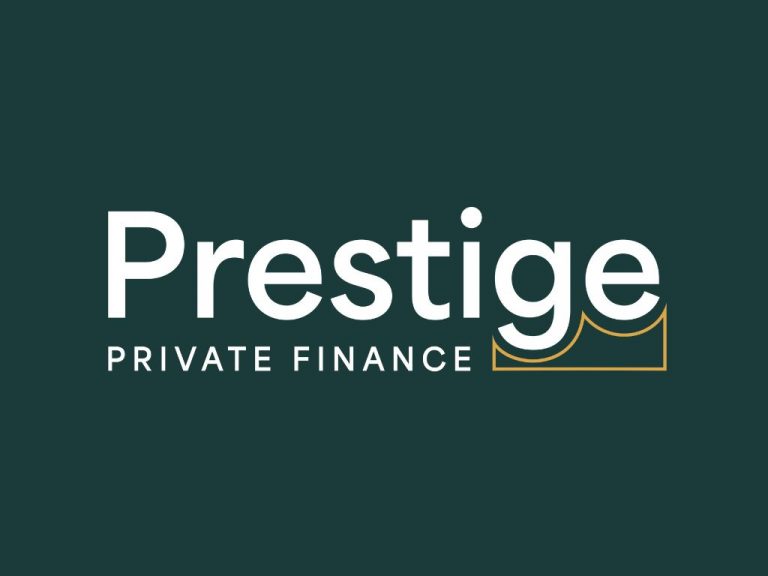
Staying with friends and family
If you are planning on moving to the UK, or if you have recently arrived, accommodation is something of priority.
A good option for the first few months is to try and arrange to stay with friends or family untill you find your feet.
They will also be able to give you that initial support and help you with some of the important basics.
Airbnb’s
There are also many Air B&B’s in the UK which are houses that you are able to rent short term, and these often allow pets, which is a great help in giving you time to look for more permanent accommodation.
About Airbnb: What it is and how it works
Airbnb began in 2008 when two designers who had space to share hosted three travellers looking for a place to stay. Now, millions of Hosts and guests have created free Airbnb accounts to enjoy each other’s unique view of the world.
Unique stays, Experiences, Adventures and more
- Air bnb experiences
- Air bnb adventures
- Air bnb for work
24/7 support
Things to consider
- City or country
- Commute to work
- Schools in the area if you have children
Street check
Street check is a great site for information about property across the United Kingdom. It will also tell you a lot of what you need to know about an area.
All you need to do is type in the postcode or location of the area you would like information about.
Prove your right to rent in the UK
Private landlords and agents are legally required to check the immigration status of all tenants, lodgers and any other adults who will be living in the property.
The right to rent check has to take place before the tenancy starts.
You will be asked to provide documents to show you have the right to live in the UK, either permanently or temporarily.
Prove your right to rent online

Private renting
- Your rights and responsibilities
- Document checks
- Your landlord’s safety responsibilities
- Repairs
- Rent increases
- Rent disputes
- Rent arrears
- Deposits
- Houses in multiple occupation
- Anti-social behaviour
- Changes to a regulated tenancy
- Complaints
Council Tax
- Who has to pay council tax?
- Working out your Council Tax
- Discounts for full-time students
- Discounts for disabled people
- Second homes and empty properties
- Paying your bill

Renting or purchasing property
Some useful links about renting or purchasing property in the UK:
- Renting or purchasing a property in the United Kingdom.
- A checklist for renting in the United Kingdom.
- Private renting.
- Being a landlord and renting out a room
- Landlord and tenant rights and responsibilities in the private rented sector
- Check your tenancy type if you rent from a private landlord
- Your rights when you rent from a private landlord
- Using a guarantor
- Renting with other people
- Subletting and lodging
- Tenancy agreements
Property and rooms to rent by area
Bristol
Birmingham
Cardiff
Devon
Essex
Gloucester
- Rightmove
- Zoopla
- On the market
- The property centre
- Place buzz
- Prime location
- Gumtree
- Open rent
- Andrews
- Rent hero
- Boomin
- Spare room
London
Stoke on Trent
Surrey
Wimbledon
Wokingham
West Scotland
South West Scotland

Rooms to rent
Search properties to buy or rent
- Zoopla
- Rightmove
- Prime Location
- Open Rent
- House Ladder
- Purple Bricks
- On the Market
- Move Bubble
- Mitula
Disabled friendly accommodation

- Search For Accessible Properties
- Mitula Wheelchair adapted bungalows to rent
- Gumtree disabled in Residential Property To Rent
- Branch properties
Pet friendly

Search pet-friendly apartments
Pet friendly accommodation.
Purchasing property
- Home buying process
- House buying tips
- Process of buying a house
- Guide to buying a home in the UK
- Guide to buying a house
- Step by step buying a home
Compare Mortgage Rates
Money Saving Expert
How to buy a home
A guide to buying a home in England and Wales
Mortgage providers
Leasehold property
- Overview
- Leaseholder rights and responsibilities
- Service charges and other expenses
- Extending, changing or ending a lease
- Buying the freehold
- Right to Manage and management disputes
- Leasehold disputes
How to sell a home
A guide to selling a home in England and Wales.
















